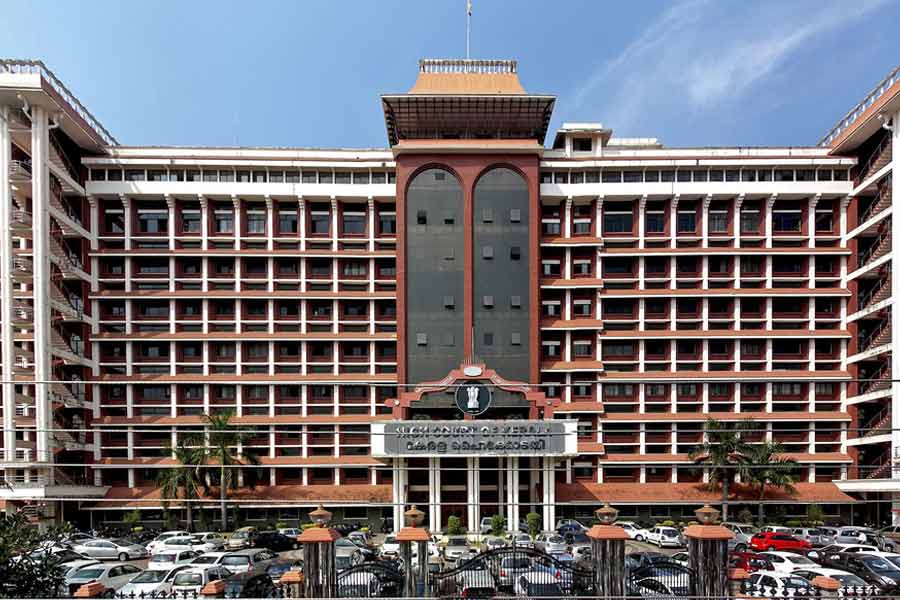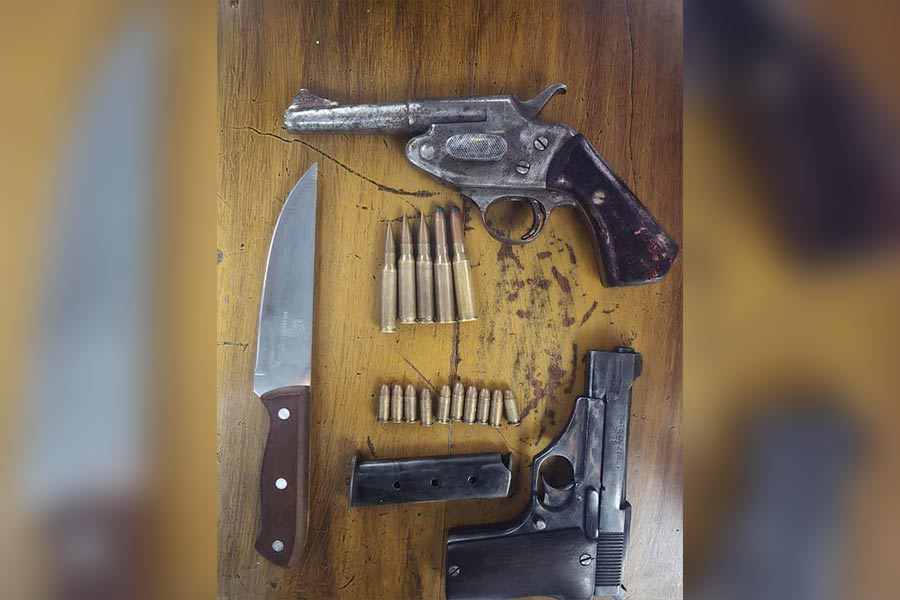The Kerala High Court on Monday raised concerns over the disproportionate punishment prescribed under the law, including in the Narcotic Drugs and Psychotropic Substances (NDPS) Act, for false accusations.
Justice P V Kunhikrishnan urged the Parliament to address the shortcomings in sentencing provisions for false accusations.
The observation and suggestion by the court came while denying anticipatory bail to a man accused of falsely accusing a woman -- Sheela Sunny -- of being in possession of drugs.
The court directed the registry to send its order in the matter to the Union government for further action.
It said false accusations can ruin life, and those who make them must be held accountable.
"The consequences of false implications can be devastating to the victims in such cases. Therefore the accused in such cases should be caught immediately for investigation, if necessary, and they should be produced before the court of law for trial expeditiously, if materials are there against them to face trial".
"The court concerned should take such cases out of turn, and if the accused is found guilty after trial, in addition to substantive sentences as prescribed which is to be imposed on the accused, the maximum compensation possible also should be ordered to be paid," the order said.
The court made this statement while considering an anticipatory bail plea filed by Narayana Das, who feared arrest after being accused under Sections 58(2) and 28 of the NDPS Act, following allegations related to a dispute involving Sheela Sunny, her daughter-in-law, and concealed contraband in a scooter, which led to Sheela Sunny's arrest.
Sections 58(2) and 28 of the NDPS Act deal with punishment for giving false information leading to an arrest or search (up to two years' imprisonment or a fine) and the punishment for attempting or abetting offences under the Act, respectively.
Referring to the case registered against Sheela Sunny, who was jailed for about 72 days due to false accusations under Sections 8(c), 22(c), and 60(3) of the Narcotic Drugs and Psychotropic Substances Act, 1985, the court observed that a falsely implicated person could face severe consequences, including a long prison sentence and hefty fines.
However, the individual responsible for the false accusation might face a significantly lighter sentence of just two years, it said.
The court examined arguments presented by the Senior Counsel for the petitioner and the Senior Public Prosecutor.
The petitioner's counsel argued that even if the allegations were accepted in their entirety, the offence would only fall under Section 58(2) of the NDPS Act, which carries a maximum punishment of two years' imprisonment, a fine, or both.
This section applies to persons who willfully and maliciously provide false information, leading to an arrest or search.
The case in question involved accusations under Section 22(c) of the NDPS Act, which deals with the possession of commercial quantities of contraband.
Convictions under this section carry a minimum sentence of 10 years, extendable to 20 years, along with a fine ranging from Rs 1 lakh to Rs 2 lakh.
The Court noted the stark disparity between the punishments for falsely implicating someone and the penalties faced by those convicted under Section 22(c).
It observed that a person falsely implicated could face severe consequences, including a lengthy prison sentence and hefty fines, while the individual responsible for the false accusation might face a significantly lighter sentence of just two years.
The court stressed that false accusations can destroy lives and referred to American author Mark Twain’s famous quote: "A lie can travel halfway around the world, while the truth is still putting on its shoes." It highlighted the difficulty of disproving false accusations and the severe impact such allegations can have on an innocent person.
"The punishment should fit the crime and the sentence should reflect the severity of the offence. If there is any inadequacy in the sentence in these type of cases, the Parliament should think seriously about the same," the court said, and directed the registry to forward a copy of the order to the Union of India to do the needful in accordance with law.
The court also rejected the anticipatory bail filed by Das and directed him to surrender before the Investigating Officer within a period of seven days.
"If the petitioner does not surrender within seven days, the Investigating Officer can take coercive steps to arrest the petitioner," it ruled.
Except for the headline, this story has not been edited by The Telegraph Online staff and has been published from a syndicated feed.












